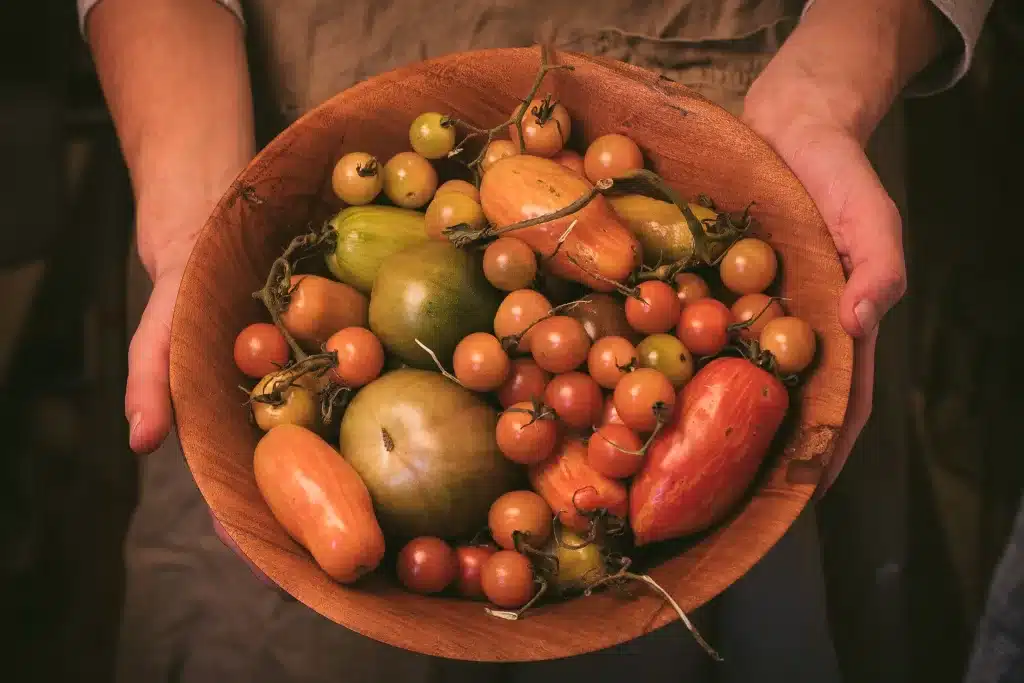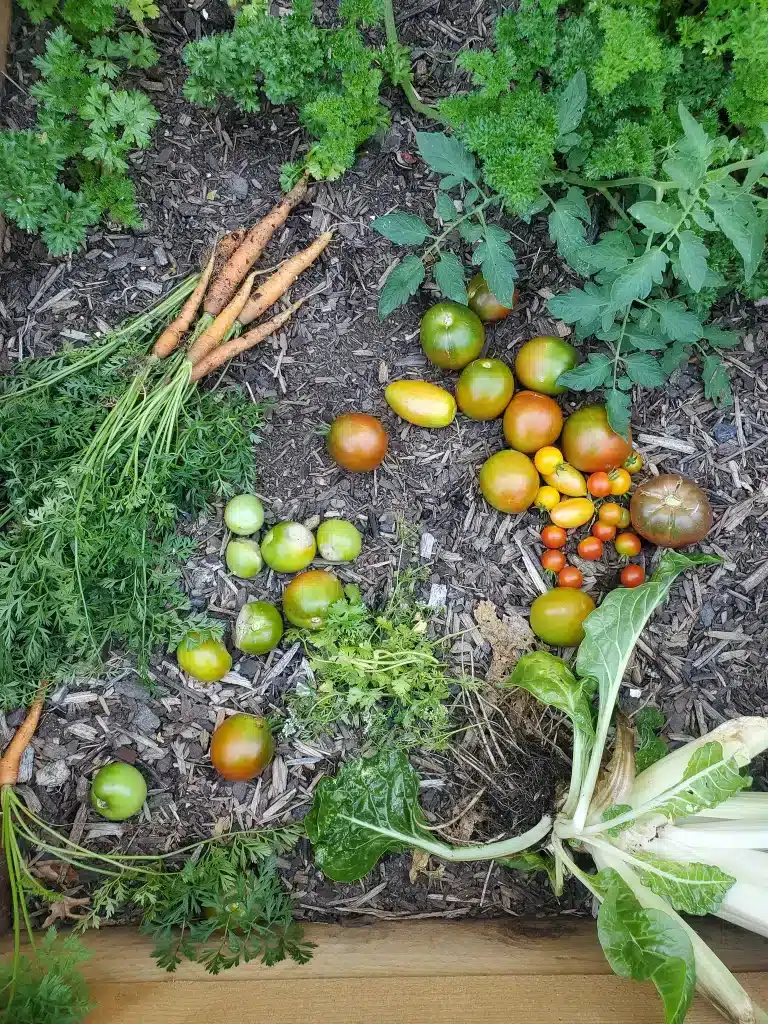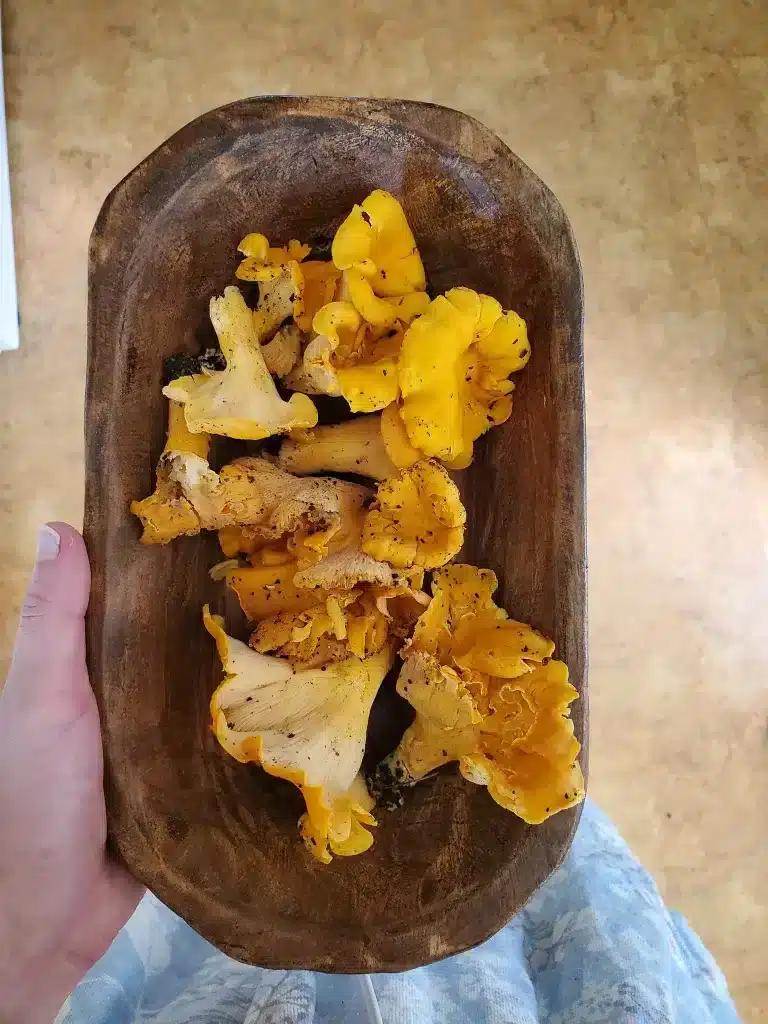
Living seasonally can be a foreign concept for many. In Western society, for all of our incredible advances and innovations, we aren’t exactly known for being well-connected to the earth. Living in big cities filled with concrete or in suburban neighborhoods where every front lawn looks the same often results in separation from nature, whether intentional or not.
For our ancestors, living seasonally was not a choice. Just 100 years ago, access to grocery stores, meal delivery, and cross-continent transportation was very limited or non-existent for most people. This resulted in a life that was highly localized and naturally in tune with the seasons. Now in the 21st century with all of our conveniences and progress, why would we want to go back to a time when life was so much more difficult?
Why you should consider living seasonally
Easy does not always mean better
Yes, life was more difficult in previous centuries, people worked harder and longer for things we can easily buy or do with technology. As a result, most people had less but greatly valued the items they worked hard to make or buy. There is also a high cost associated with convenience products that is not monetary. For example, when we purchase low-cost food that is premade or out of season we pay dearly with our health. A tomato grown in another continent might sound delicious on a cold January day, but when I purchase that product I might not think about how early that tomato was picked to travel thousands of miles to my grocery store shelf, or how low the laborers are paid for the produce to cost me so little. These are but a few of the costs we shoulder when we live in disharmony with the seasons.
There is a high cost whenever we live in disharmony with nature
Living seasonally is how humans were designed to exist
This may seem fairly obvious to some, but we are mammals that are created to live in harmony with nature. No, this doesn’t mean we all need to live in caves, or only eat food we forage in the wild. This means that any choice you make to live in balance with nature will improve your health and happiness. There are many studies supporting this idea, you can learn more by reading this blog about the healing power of nature.
A few ways you can live seasonally
Seasonal living will look different for everyone, but here are a few things I have incorporated into my life:
Buy and eat seasonal produce:
By purchasing local, in-season produce, you ensure that your food is freshly picked and will have the most nutrients possible. Locally grown food is also better for the environment because it doesn’t need to travel long distances to arrive on your plate. I like to buy my seasonal produce from my local CSA, farmer’s market, or picked directly from my garden.
Listen to your body as it changes with the seasons
Did you know that recent research suggests humans may need more sleep in the winter? While I never knew these facts or figures, I and many others have always naturally craved more sleep and rest in the winter. This is just one example of how we can listen to our bodies as they change throughout the year. We all crave comfort, warmth, and softness in the winter while in the summer we tend to be more social and need less sleep. I like to take mental and physical notes of what I need to support my body throughout the seasons. I find that when I do this, I get sick less and feel happier and more fulfilled.
Focus on seasonal activities:
Another one of my favorite ways of living seasonally is by enjoying seasonally appropriate activities. Instead of daydreaming about the season ahead (like decorating for Christmas when nature is in the throws of autumn, or buying pumpkins during an August heat wave) I want to encourage you to embrace whatever season you currently find yourself in.


A philosophical shift to living seasonally
Living seasonally is a very countercultural choice for this very reason:
Our culture trains us to want more and never be satisfied with what we have. This world wants you to think that nothing you have or do is enough and that you always need to be jumping forward to the next thing. Seasonal living, however, is about finding contentment wherever you are. If you find yourself in a chilly spring, plant seeds in the sun rather than getting a spray tan. If you’re in the dead of winter, take up knitting by the fire, instead of forcing yourself to be productive in the evenings. These are just examples of ways you can foster contentment and joy in your current season in the year and in life.
Activities for living seasonally:
- Cooking and baking with special seasonal ingredients
- Winter: citrus, pomegranate, pears, root vegetables
- Spring: strawberries, greens, fresh herbs, carrots
- Summer: berries, summer squash, corn, tomatoes
- Autumn: pumpkins, apples, warm spices, mushrooms
- Thoroughly celebrating holidays and festivals in their proper season
- Winter: Santa Lucia Day, The 12 days of Christmas, Imbolc (St. Brigid’s Day), Valentine’s Day
- Spring: Earth Day, Pascha (Easter), May Day, Derby Day
- Summer: Summer Solstice, Midsummer, Honey Feast of the Saviour
- Autumn: All Hallows Eve, Thanksgiving, Oktoberfest, Bonfire Night, El Día De Los Muertos
- Spend time outside appropriately for the weather and season
- Winter: Ice skating, skiing/sledding, wood chopping
- Spring: gardening, picnicking, kite flying
- Summer: boating, swimming, star watching
- Autumn: hiking, camping, collecting firewood
The heart of seasonal Living is flowing with the rhythms of the year instead of fighting them. To realize that the changing of the seasons is a constant and resisting this change will only make life more difficult. In past years, I would complain about the weather, focus on what activities I couldn’t do, or wallow in how much I longed for another month. Now, I am focusing on what I can do to embrace each season (of the year and the metaphorical “seasons of life”) to be more in balance with nature and myself.
Resources for Living Seasonally:
Wintering: The Power of Rest and Retreat in Difficult Times
Six Seasons: A New Way with Vegetables
Forest Therapy: Seasonal Ways to Embrace Nature for a Happier You
Leave a Reply